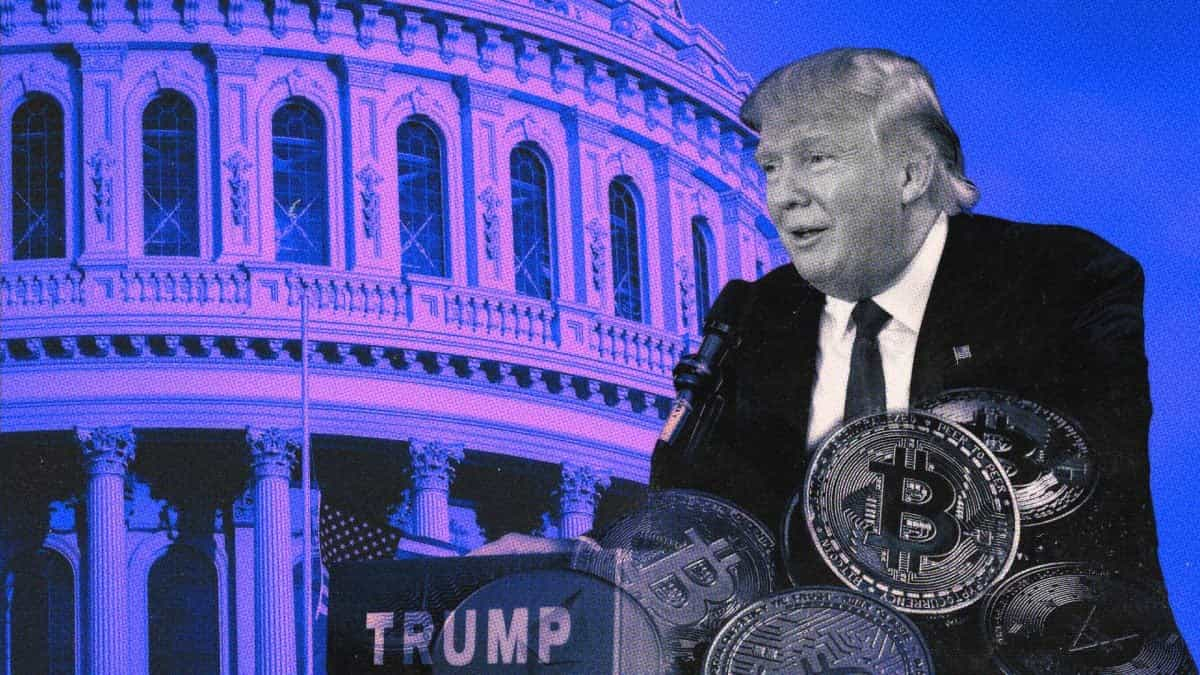ASI Alliance Discusses the Ethical Dilemma: Can Crypto Data Marketplaces Respect Patient Rights?
- Tokenizing health data could give patients more control over their medical records but raises privacy concerns.
- Blockchain promises secure data transactions, yet there are risks of misuse by corporations or governments.
As artificial intelligence gains traction in healthcare diagnostics, the integration of crypto-based data marketplaces has sparked significant debate. This intersection is an opportunity to enhance the patient’s agency but also brings concerns about practical and ethical issues.
According to a thread by the Artificial Superintelligence (ASI) Alliance, tokenized health data means that people own their medical data since it is a digital asset. These tokens may be traded or gifted to research organizations, thus promoting the development of new and improved AI diagnosis compliment. These marketplaces are built on the blockchain, which provides safe and reliable transactions.
Supporters say this model can open up medical records to the masses and enhance care advancement. Researchers would benefit from vast anonymised data that can help develop personalized medicine.
Balancing Privacy and Progress
The question of data privacy is still a critical issue in the debate about the use of blockchain in the sharing of health data. While blockchain is seen as a technology that can provide secure data storage, there are doubts regarding its capabilities to protect patient’s rights. This problem could arise from unauthorized access, data breaches, or even misuse by other people who are not registered on the platforms.
This thread has established that regulation is a key aspect of safeguarding patients’ interests. Encryption protocols should also be strong, and there should be clear policies on data ownership and use to avoid abuse. How patient data is used and managed will, therefore, be critical in the public’s adoption of these technologies.
Organizations like the Artificial Superintelligence Alliance advocate for ethical frameworks that prioritise patient empowerment. They aim to facilitate the definition of privacy rules that can safeguard people’s information as they work towards creating AI solutions.
ASI Alliance Introduces ASI: Train Initiative
In the same breath, the ASI Alliance has initiated the ASI: Train, a program that aims to develop domain-oriented AI models. The initiative starts with Cortex, a $100 million brain-inspired robotics model for enhancing real-world AI applications.
The program focuses on various issues in science, medicine, and robotics, according to a statement made on November 26. While general-purpose LLMs are outstanding in various tasks, specialized AI models are anticipated to provide better accuracy, speed, and industry relevance.
The platform enables researchers, investors, and other stakeholders to participate in the AI project within a decentralized model. Users can deposit their FET tokens in a DAO-like manner, and then they become owners of AI models that are sold in secondary markets.
Cortex will start its training in December, with a training period of 12-14 weeks to be executed with GPU compute resources. „This is the future of inclusive, sustainable AI development,“ said Humayun Sheikh, CEO of Fetch.ai and chairman of the ASI Alliance.
Haftungsausschluss: Der Inhalt dieses Artikels gibt ausschließlich die Meinung des Autors wieder und repräsentiert nicht die Plattform in irgendeiner Form. Dieser Artikel ist nicht dazu gedacht, als Referenz für Investitionsentscheidungen zu dienen.
Das könnte Ihnen auch gefallen
Ethereum zwischen Kritik und Chancen: Nutzerprobleme, Kursverluste und technologische Fortschritte
Treehouse Finance erreicht in neuer Finanzierungsrunde eine Token-Bewertung von 400 Millionen Dollar
Schnelle Zusammenfassung Treehouse Finance hat frische Mittel bei einer Token-Bewertung von 400 Millionen Dollar aufgenommen, um seine DeFi-Plattform für festverzinsliche Wertpapiere auszubauen. Treehouse setzt darauf, dass DeFi festverzinsliche Wertpapiere zu einem großen Markt werden, indem es ein Potenzial von 600 Billionen Dollar aus der traditionellen Finanzwelt erschließt.

Schwedische Abgeordnete schlagen Bitcoin-Politik vor, während Trumps Weißes Haus die nationale BTC-Einführung ins Auge fasst
Kurz gefasst Im April forderten zwei Mitglieder des schwedischen Parlaments, des Reichstags, die Beamten auf, den Ansatz des Landes zu Bitcoin zu überdenken. Die Politiker verwiesen auf eine US-amerikanische strategische BTC-Reserve und das zunehmende weltweite Interesse an dem führenden digitalen Vermögenswert.

Bitcoin verhält sich 'bemerkenswert anders' als bei früheren Marktrückschlägen und könnte höher steigen, wenn makroökonomische Hindernisse beseitigt werden: Bitwise CIO
Kurze Zusammenfassung Bitwise CIO Matt Hougan sagte, Bitcoin verhalte sich "bemerkenswert anders" als bei früheren Rückschlägen und könnte erstmals seit 2011 den Aktienmarkt bei einer Korrektur übertreffen. Trotz der Zolllturban von Präsident Trump in den letzten Wochen und der daraus folgenden Volatilität war Bitcoin im vergangenen Monat effektiv stabil, bemerkte Hougan.

